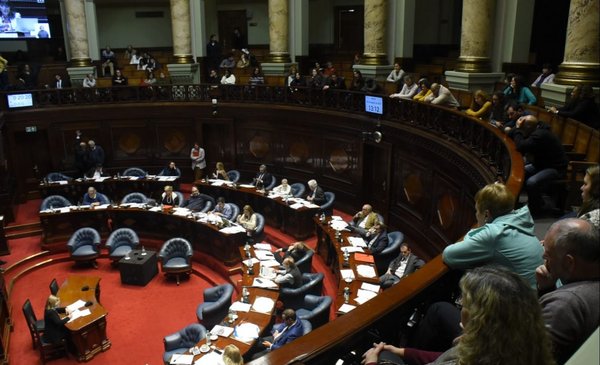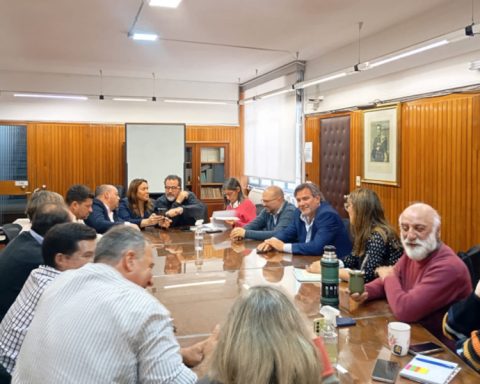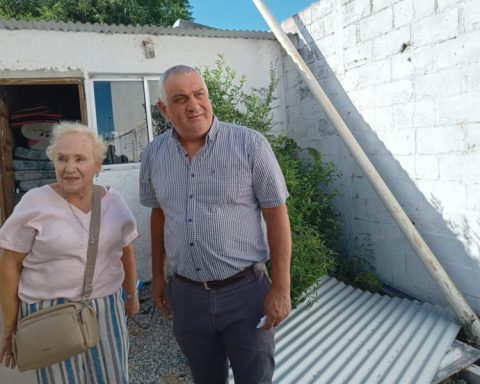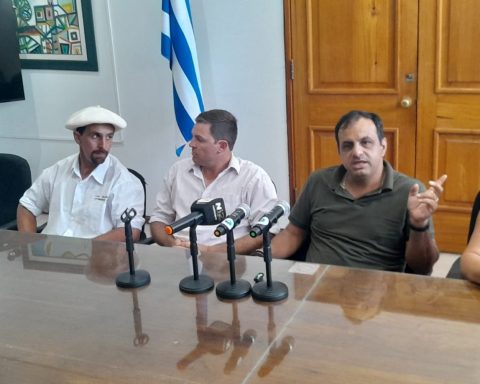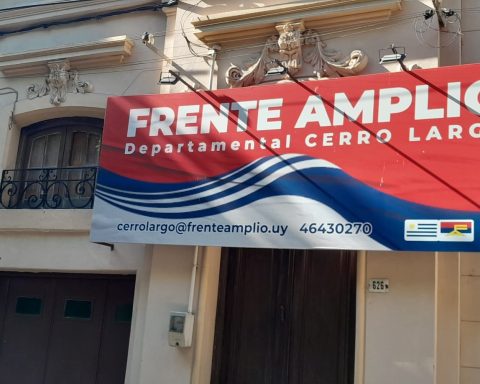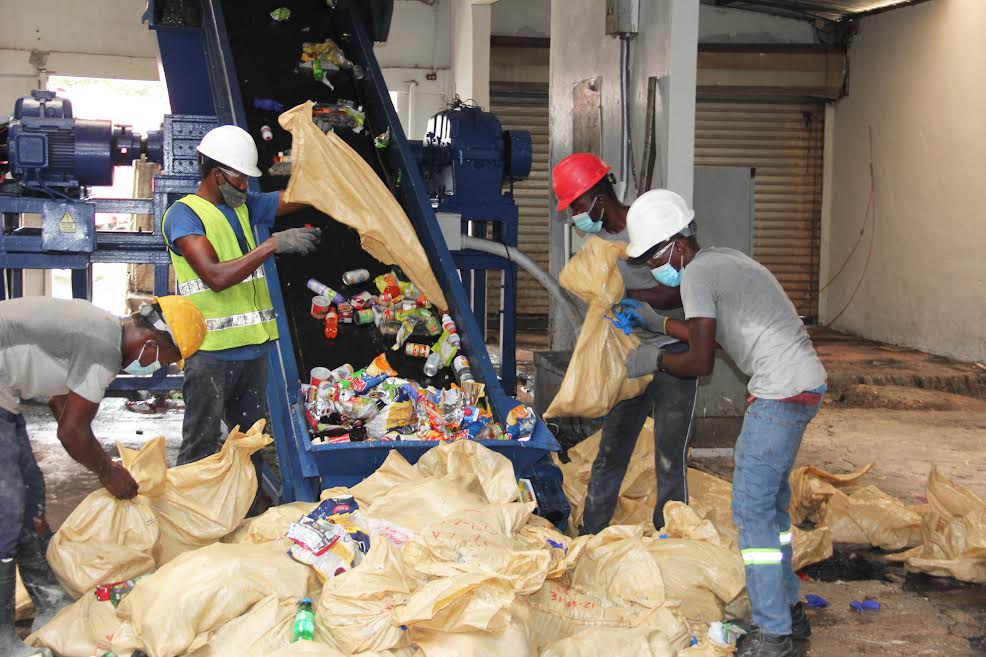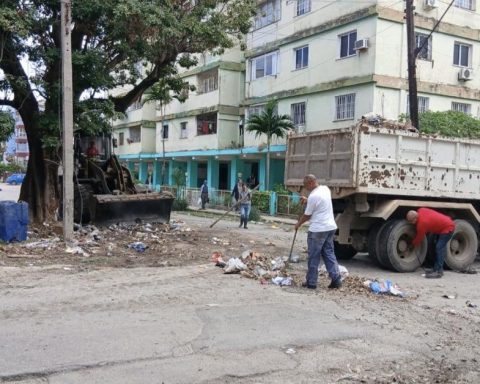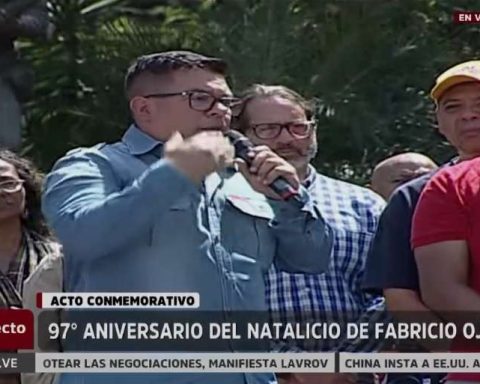The Senate approved this Tuesday afternoon the “co-responsibility in parenting” bill, known as shared custody. It had already been approved with the votes of the ruling party by the Constitution and Legislation Commission of that Chamber
The text intends consecrate the “shared custody” of children and adolescents before the separation of parents.
The initiative had been approved, with five votes of the ruling party of the nine in totalby the Constitution and Legislation Commission of the Senate on July 19. The Broad Frontmeanwhile, considers that the new bill agreed by the ruling party represents a “unacceptable recoil”.
Facing this parliamentary instance, the “defenders of the rights of children and adolescents” called on the public to attend the Senate bars for the debate on the project. In a statement, various social organizations, such as the Feminist Intersocial, the Committee for the Rights of the Child or the Uruguayan Network against Domestic and Sexual Violence, They called the project “regressive” and “extremely high risk” for children and adolescents and that, if approved, “it may subject them to intolerable circumstances and irreparable harm.”
July 19 The president of the Institute for Children and Adolescents of Uruguay (INAU), Pablo Abdala, attended the Parliament; This was the only delegation whose invitation was endorsed by the ruling party before the new wording of the initiative. The hierarch expressed his personal position – since both he and the vice president, Aldo Velázquez, support the project, while the director Natalia Argenzio opposes it – and said that “it focuses on the best interests of the child” against the mechanism of possession and of visits if the separation of their parents occurs.
Diego Battiste
The joint tenancy bill is voted on in the Senate
The project was criticized for Unicef and for the National Institution of Human Rights and Ombudsman (Inddhh). While the international organization insisted that “some points may affect the rights” of children and adolescents in Uruguay, the local warned that it has articles that “can be considered regressive”.
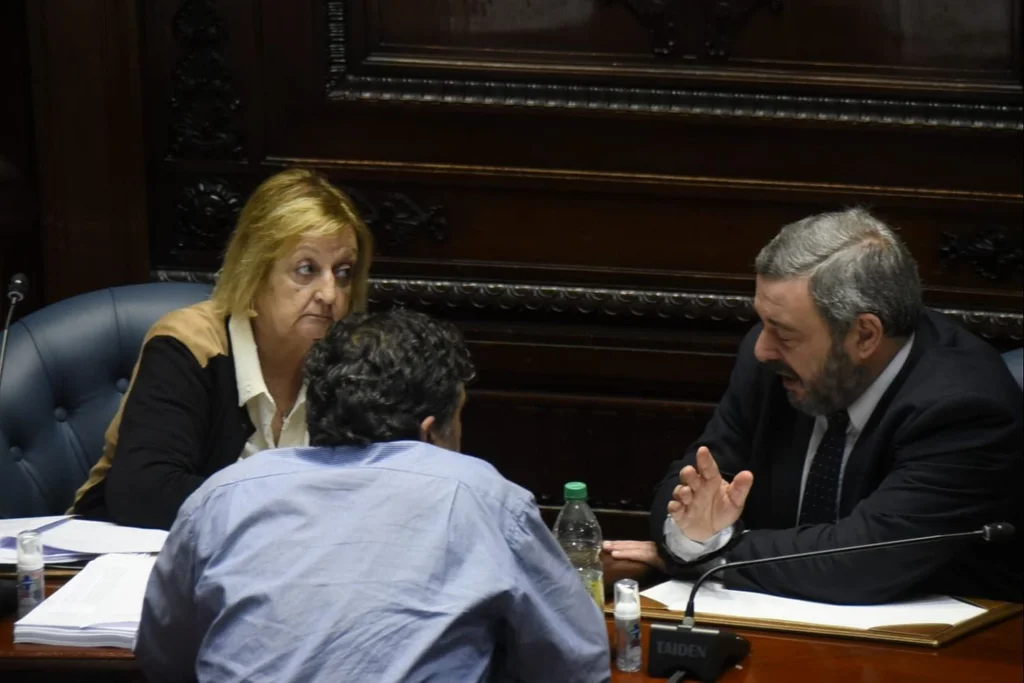
Diego Battiste
The joint tenancy bill is voted on in the Senate
The nationalist senator Carmen Asiaín He stated that with the project it is aimed “in practice” that the coexistence that the parents had with the children “not be interrupted” when these are separated. “Of course, always thinking about healthy relationships, outside of pathology. both take responsibility”, he added.
In addition, Asiaín maintained that the project is based on three fundamental pillars “that take advantage of and benefit all parties to this relationship.” Firstthe option that children can “maintain the bond with their parents for their well-being”, something that was highlighted by the “tutelary institutions of the rights of the child that appeared” in the Constitution and Legislation Commission of the Senate.
In second place, the senator pointed out “the possibility for women” to “free up time and energy to be able to develop professionally.” What third pillar He referred to the “claim of parents who want to take charge and also grandparents.”
Asiaín also questioned: “I have three female daughters who may be in this situation in the future. Am I going to be legislating to the detriment of my possible future grandchildren?
Along these lines, he criticized the “interpretations that attribute malice to the project” and said that these “do not know the fundamental principle” that Unicef reviewed and that “all laws that deal with children must govern.”
If a legal provision admits more than one interpretation, the interpretation that most effectively satisfies the best interests of the child will be chosen and this is the fundamental legal principle that these interpretations try to ignore to the detriment of the rights of the child”, he pointed out.
For its part, the senator José Carlos Mahia criticized that the project entered the Constitution and Legislation Commission “a few weeks ago” and that it had “an express treatment”, since it was “resolved and decided in those terms by the majority of the commission”. “After a presence of the only institution that was enabled to be there, the INAU, a vote was taken on the same day. On the run, on the truck,” he added. In addition, the opposition legislator maintained that the stage was characterized “by not receiving any opinion, except that of the INAU”, which, in addition, according to Mahía, he did not appear before the commission with an institutional opinion.
“Here we can cite what the majority of INAU thinks in its two appearances, that of the previous projects and this one, but not an institutional position, because it was also said that way by its president. Every time we cite the INAU, it is not the position of the INAU, but of two of its members, which is the majority, but it is not the position of the institution.”, he explained.
The Frente Amplio senator argued that when talking about a project title that is “co-responsibility in the upbringing of children and adolescents” or “shared ownership” there is talk of a “very marketing title”. “Who can be against?” I ask. However, he expressed that “the underlying concepts” of the project “they do not represent it”, since “has a title on issues that are already current and that already exist”. “Under a very attractive title, it brings content on which we disagree because we understand that the legal norms that are being considered today by the Senate they are not in favor of the objective that is said to be pursued and with which the project is titled“, plot.
For Mahía, if the vote on this project is consolidated, regulations would be sanctioned that “violate rights already enshrined” in the current legal framework, is “violate agreements that the country has on the matter at the international level” and mainly violated “rights of children and adolescents giving priority to how disputes in the adult world are settled”.
